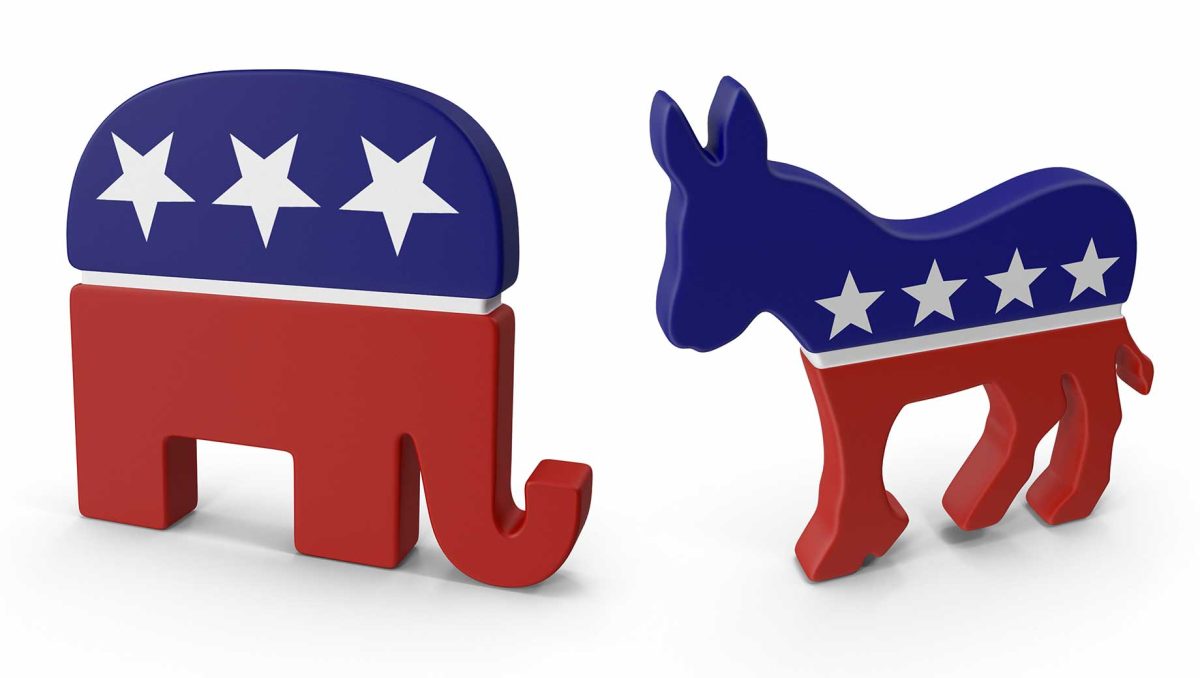OPINION: Let’s Raise Autism Awareness

Over 60 percent of children and young adults with autism experience bullying, according to Austismspeaks.org. Among them, high schoolers are most likely to be bullied. Students on the spectrum are constantly misunderstood and bullied for what they cannot help. Non-autistic persons must try to learn what “on the spectrum” means so we can prevent this behavior.
The term “on the spectrum” refers to those who are diagnosed with Autism Spectrum Disorder, or ASD. There are many types of autism, which is why we refer to it in terms of being on a spectrum. “Autism is highly variable – the word ‘spectrum’ refers to how autism is experienced differently by different people. Autism is considered a spectrum because it’s different for every autistic person,” according to the health website NHSinform.scot.
Communication is difficult for many of those on the spectrum. Some struggle with communicating verbally and others nonverbally. This is a big factor in social anxiety for people with ASD. “Many individuals with autism spectrum disorder have difficulties with communication,” according to the hospital website massgeneral.org. “For some people, this can look like significant challenges with spoken language, and for others it can look like challenges with social communication.”
Another common misunderstanding is that autistics do not feel empathy at all or have no emotion. However, some report that they do feel empathy, although it is difficult. “Initially, it was believed that a lack of empathy and sympathy was a universal trait of autism,” the website verywellhealth says, “but more recent research indicates that this varies among individuals with the condition.”
What is a real issue is that most children and adults with ASD don’t know how to read body language well. So, if someone were to say “I’m fine”, but their body language and facial expressions say otherwise, an autistic person may not know how to comfort them or have empathy because they don’t know the difference. “These kids may be overly literal and may have difficulty interpreting and responding to sarcasm, banter, or metaphorical speech,” according to myaspergerschild.com.
Some say they know what being on the spectrum means, and they may know the basics, like knowing it means being autistic, but many don’t know the specifics. Many people don’t know much about ASD or even what ASD stands for. Because of the lack of knowledge, those on the spectrum are made fun of, overstimulated by noise, have higher anxiety levels, and are even put in the wrong classes.
Research is crucial. People can go to AutismSpeaks.org. Autism Speaks is a great website to learn all about autism and how it affects those with the disorder and those without it.

Sammy is a freshman who is excited to try out journalism. She is on the Socastee Swim team and plays volleyball at a separate gym for fun. After school...




























